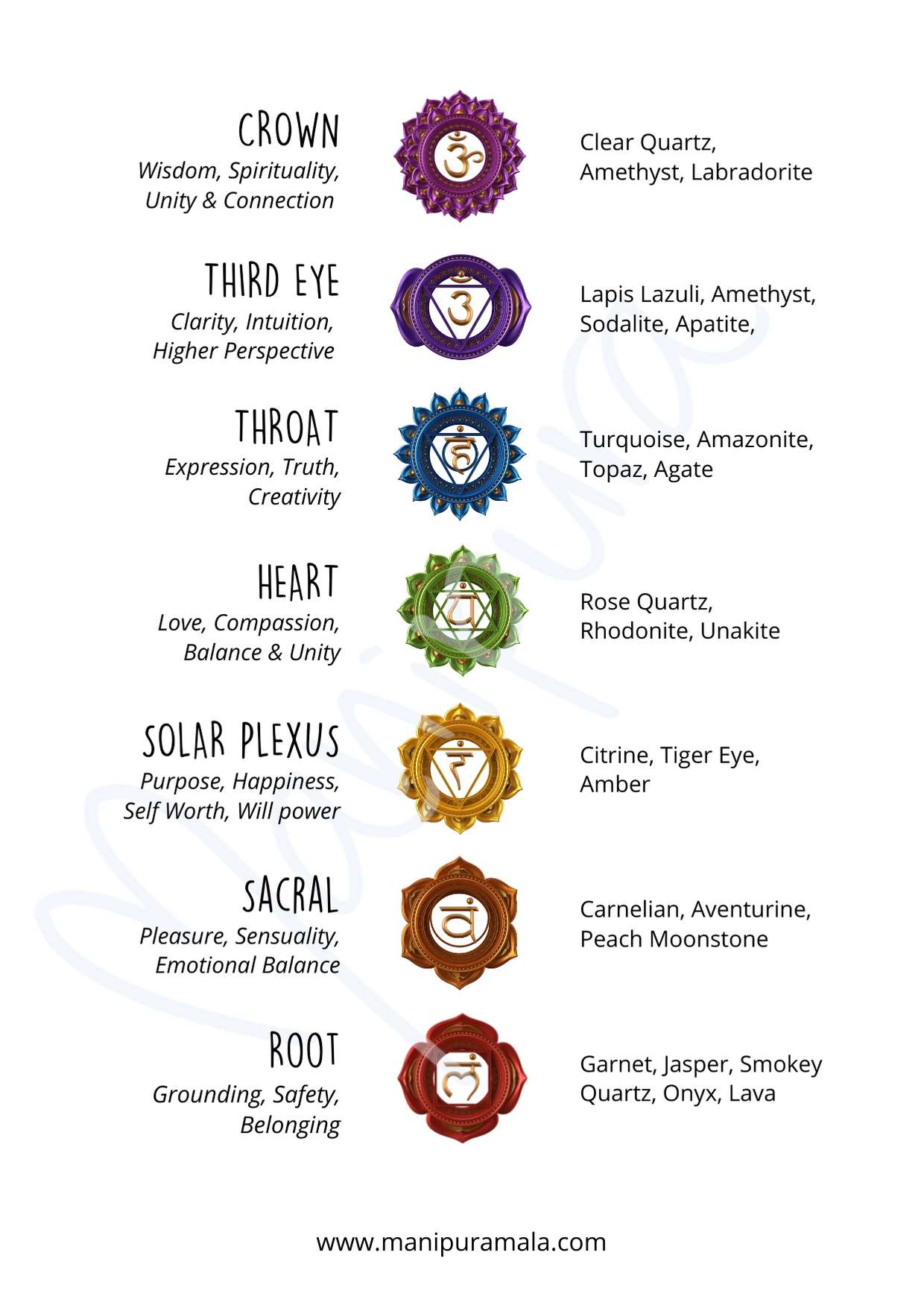
People might be curious: Does yoga help with weight loss? This exercise can help you reduce stress and even obesity. You can improve your posture with this exercise. It can increase your flexibility, strength, and mobility. In addition, the exercise can keep your excess weight at bay. One study of 15000 participants showed that people who practice yoga had a lower risk of gaining weight as they grew older.
Practicing yoga has numerous benefits, such as helping you sleep well. It helps you to improve your outlook and make you feel calmer, more peaceful, and more optimistic. It raises the levels of cortisol hormone, which is responsible to increasing fat storage. Chronic stress can cause insomnia and make it harder to fall asleep. Yoga can help break this vicious cycle. Yoga can help you lose weight by helping you to do it regularly.
Seek professional advice if your health is in doubt. Your primary physician might be able guide you through yoga exercises. Integrative medicine-trained physical therapists may be able help you create a custom program. Your primary care physician may also refer you to a certified yoga instructor, if needed. Consult your primary physician if you have questions about yoga. They should be able to give you the right guidance to ensure that the practice is safe and effective.

Yoga can also improve your body image. It can tone your muscles and improve your health. It helps reduce stress and improves energy levels. Yoga can help you feel better mentally and physically. Yoga is a great option if you're concerned about your weight. You'll be so glad that you did. You'll feel happier and healthier. Why wait? Get started now!
One study shows that yoga can help you shed weight. Yoga can also help with emotional eating. It can help you stay focused on your exercise. The mind and body are interconnected. There are many benefits to yoga. It is not only beneficial for your body, but it can also help you become healthier. It will make you feel happier both mentally and physically. If you feel stressed, yoga is something you should do.
One of the many benefits of yoga is its ability to reduce stress. You also get better sleep. It is important to get at least six hours sleep to keep your body healthy and happy. Your body needs to rest enough to allow it to heal. You will feel less anxious and you'll be able to lose weight more easily. Your body will thank you for this. This will make you feel calmer and more centered.
Yoga helps you lose weight while improving your mental health. It improves your heartbeat. It makes it difficult to eat junk foods. You can stay calm and in charge by practicing yoga. Your mental health will reap the benefits. You should still find a class in your neighborhood for yoga. It's a great method to stay healthy and fit.

Yoga is a great method to reduce stress. Studies have shown that stress can lead to weight gain. It is important to realize that exercise can't replace a healthy lifestyle. If you can't control your stress levels, you might as well stop practicing yoga altogether. You may also reap other benefits. It can give you more energy. For example, it can make you fall asleep, which is another benefit. It's easy to fall asleep while doing yoga, which is beneficial.
Yoga can help you improve your overall health. It also helps to lose weight. Yoga has been shown in studies to reduce the risk of diabetes and heart disease. It can lower blood pressure. It's a good idea for everyone to do yoga on a regular basis due to the many benefits it offers. Yoga is not something you should stop doing. It is both healthy and will help you shed weight.
FAQ
Is it true to say that protein overeating can lead to kidney stones?
Protein helps maintain healthy bone and tissue. But consuming too much protein can lead to calcium excretion through urine. This can cause kidney stones.
It is important to remember that not all people get kidney stones from eating more than 2g protein per kilogram (2.2lbs) of body weight. High amounts of protein can be consumed by some people without causing kidney stones.
Your sodium intake can prevent kidney stone formation. Sodium regulates the body's water balance. Too much sodium can cause kidney stones.
You can also try reducing your protein intake if you get kidney stones. The majority of adults need protein for half their daily caloric needs. A reduction in protein intake will likely result in weight loss.
If you do decide to eat more protein, don't go overboard. Try to eat less than 20% protein in total calories.
Is Cardio Better Than Strength Training?
Both are equally excellent. For those who want to gain muscle quicker, cardio is a better choice.
Cardio burns a lot more calories per minute that strength training and is more effective at burning fat.
Strength training builds muscle mass, but it takes longer to achieve this goal than cardio.
What's a good workout routine for daily?
You must exercise regularly to stay fit. No matter what kind of exercise you do, as long you do it consistently. Consistency is the key. You must be consistent if you are to see results.
Start by doing small amounts of daily physical activity (like walking). Then gradually increase the time spent exercising until you spend 30 minutes a day working out. You can do this running, swimming weight training, yoga or aerobics classes.
Try to get active every day. If you have a reason to miss a session, don't skim it.
When exercising outside, make sure you have the right clothing and shoes. It is important to take into account the weather conditions, and how they may affect your ability to exercise safely.
When you exercise, make sure you are drinking plenty of water. Drinking alcohol during exercise can cause dehydration. Also, don't drink caffeine-rich beverages like tea, coffee, or cola. They may give you energy, but they will also dehydrate you.
After your first exercise, you may feel tired. Keep going with your workouts and you'll soon feel more energized.
Which exercise is the best for men?
It all depends on your goals. Cardio workouts can help you lose weight faster than strength training.
On the other hand, if you just want to build muscle mass, then strength training is better since it increases lean body mass.
Both types are good for improving your overall health.
I recommend HIIT, or sprint interval training, if you want fast results. This type of training can help you lose fat quickly and increase your metabolism. This type of training also increases your endurance, allowing you to train even when you are tired.
Statistics
- By John Thompson Take a whopping 38% off a set of PowerBlock Pros. (menshealth.com)
- Are You One of the 20% of Guys (mh.co.za)
- An estimated calorie range for moderately active adult males falls between 2,200 to 2,800 calories per day, depending on age. (eatright.org)
- 10 pounds in a month is likely during a lean bulking phase, especially for beginners. (muscleandstrength.com)
- Get free shipping and 25% off today. (healthline.com)
External Links
How To
What nutrients does a man require daily?
Healthy growth and development of men requires healthy nutrition. Your body needs vitamins, minerals and nutrients as well as carbohydrates, proteins, fats, carbohydrate, fiber, and other essential components.
You also need specific nutrients for different times in the day. Your body makes hormones, antibodies and enzymes when you are asleep. When you wake up, your body uses protein to repair damaged tissue and build muscles.
Your body burns fat at night and stores it as energy as glycogen. During this time, your body needs fewer calories but still needs sufficient nutrients. If you feel hungry, you may consider having a snack during the evening.
Working out requires adequate carbohydrate and protein intake. After a hard workout, muscle soreness may occur.
You must ingest carbs and protein within two hours of training to prevent this. Your body will use stored glycogen to produce glucose for energy.
After your workouts, you should eat protein immediately. This will prevent muscle tissue from being damaged while you sleep.
Your body produces lactic acid during high levels of physical activity. The body produces lactic acid when there is too much activity. This can cause fatigue. Eat foods high in carbohydrate, such as fruits, vegetables, to avoid this.
Carbohydrates offer your body the energy it needs for recovery from exercise.
Additionally, lean meats, fish and eggs, dairy products, yogurt, cream, cheese, yogurt and beans can be added to your diet.
These foods all contain high-quality proteins. Protein helps to repair and grow muscles. Protein also supplies the amino acids your body requires to make sex hormones, such as testosterone.
A healthy skin, nails and joints requires sufficient dietary fats. Healthy men need between 20% and 35% of their total caloric intake from fat.
Fat helps protect your heart health and prevents cancer. It also keeps your brain functioning properly.
Vegetable oils, such as olive oil, sunflower oil or corn oil, soybean oil and peanut oil, can supply most of the fats you require.
These oils have high amounts of monounsaturated oil fatty acids, (MUFAs). MUFAs are good for lowering cholesterol and reducing inflammation. They protect your cells from damage by free radicals.
Saturated oils (SFAs), found primarily in animal products such meats, dairy products and butter, are known to raise LDL ("bad") cholesterol. SFAs can increase LDL ("bad") cholesterol as well as triglycerides. They promote weight gain and abdominal fat.
Polyunsaturated oil (PUFAs), which are plant-based, can be found in vegetable oils, nuts seeds, grains, and other plant-based products. PUFAs can improve cardiovascular function and reduce inflammation. They can also control blood sugar levels and cholesterol.
Men with low HDL ("good") cholesterol often suffer from erectile dysfunction. Consuming high amounts of saturated fats can increase bad cholesterol and lower good cholesterol.
Red meat and pork are a common source of prostate problems in men who eat a lot. If cooked at high temperatures, the nitrates become nitrosamines. These compounds can cause cancer.
Nitrites and other harmful chemicals are common in processed meats. Avoid them completely.
According to the American Heart Association, you should limit your consumption of red meat to no more that 2 meals per week. Instead, opt for poultry, fish, legumes and tofu as well as whole grains bread and cereals.